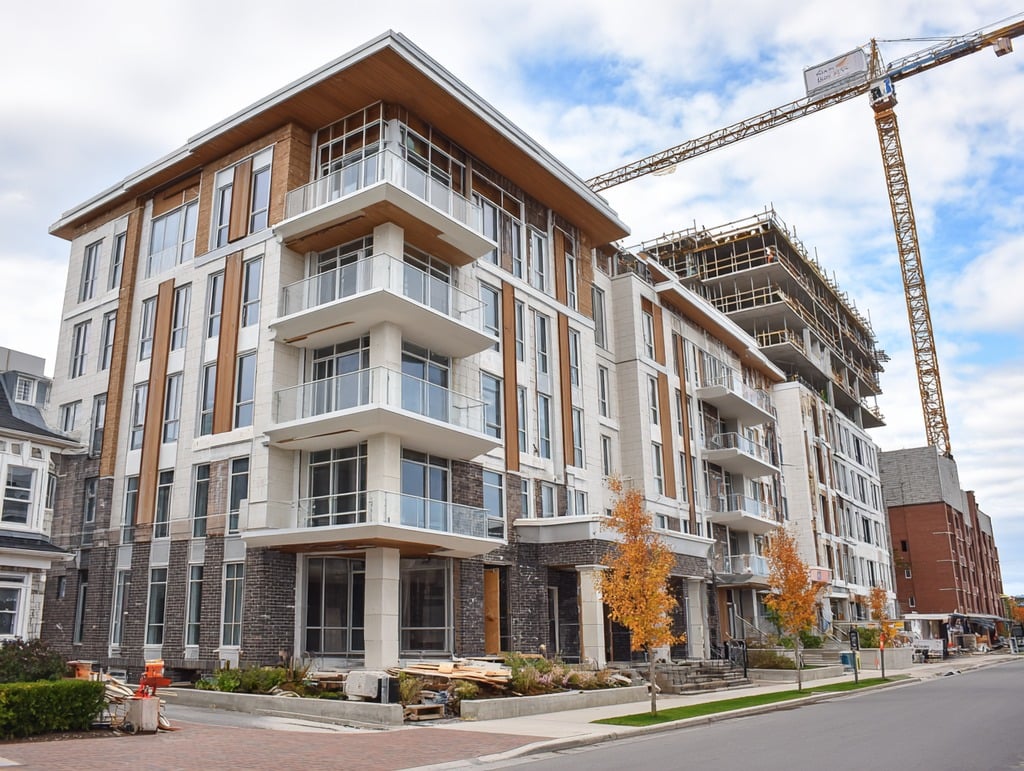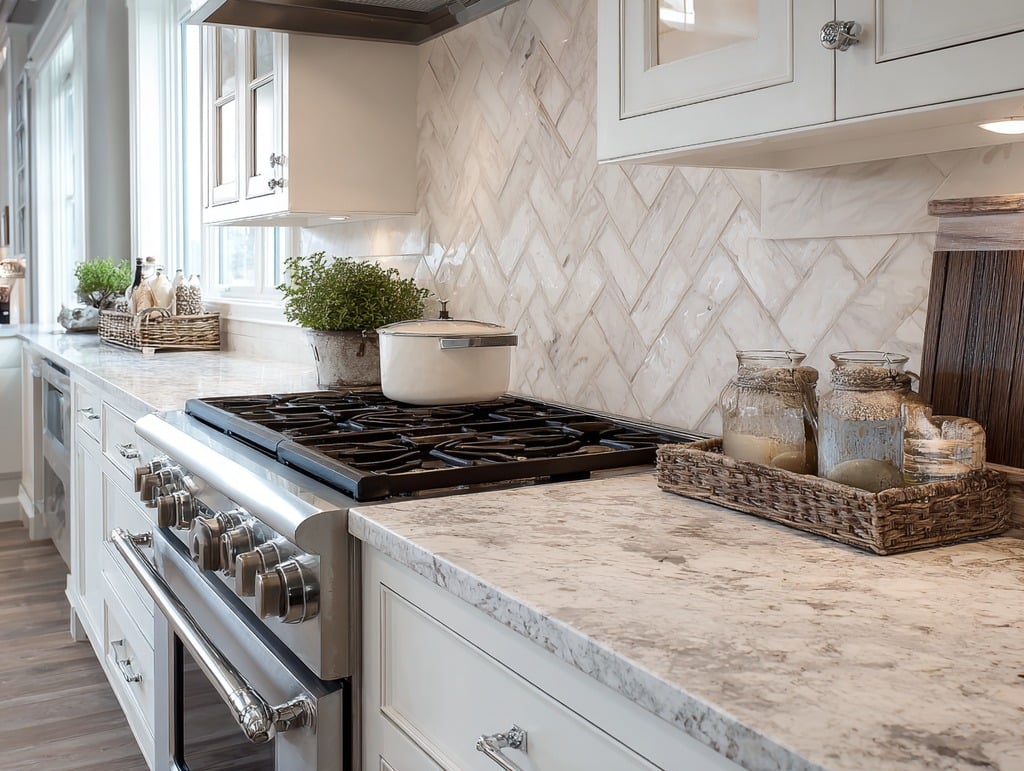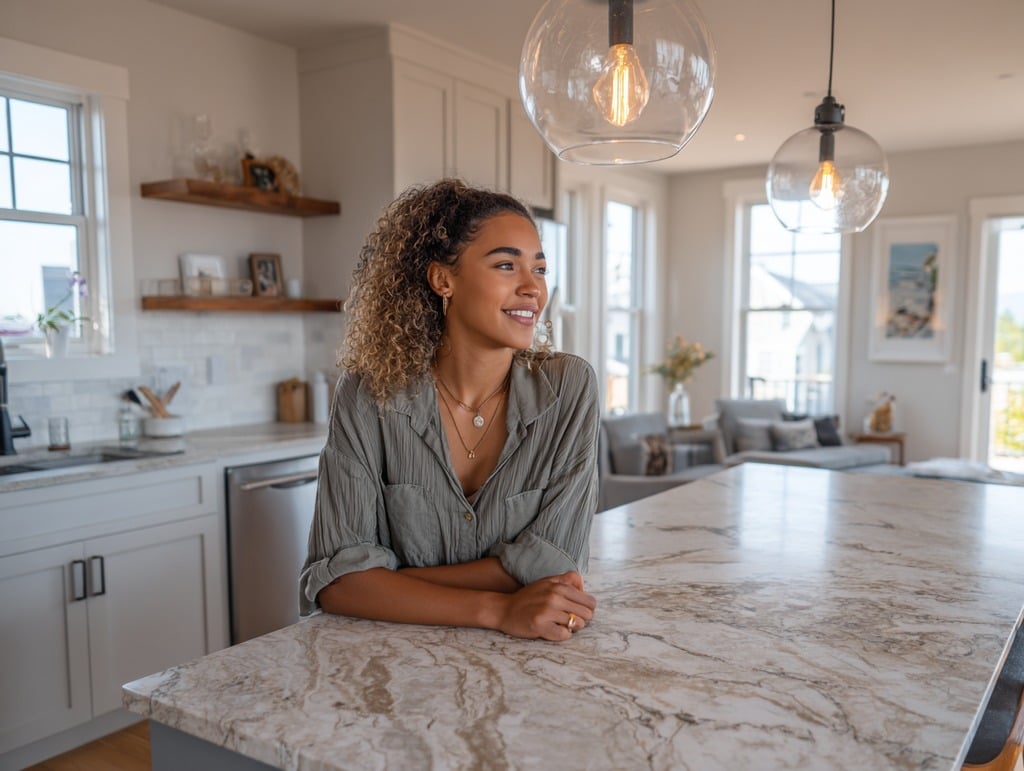Closing on a home is a huge milestone—whether it’s your first time or your fifth. The relief of getting through inspections, paperwork, and financing is real. But for some buyers, that high is followed by a sinking feeling: buyer’s remorse.
It’s more common than you might think. According to a recent Zillow survey, nearly three in four recent homebuyers have at least one regret about their home purchase. That post-closing regret can range from mild frustration to full-on panic—and in most cases, it’s avoidable with the right preparation.
Here’s how to protect yourself before, during, and after the transaction to ensure you’re happy with your home long after the keys are in your hands.
1. Be Honest About What You Can Afford (and What You Can Live Without)
It all starts with your budget. One of the biggest sources of buyer’s remorse is overspending. Maybe the mortgage payment seemed doable on paper, but the combination of utilities, repairs, HOA fees, and furniture adds up fast.
Before you shop, work with a lender to determine what your realistic monthly payment should be—not just what you can qualify for, but what makes you feel financially comfortable. Then, subtract a cushion for maintenance and unexpected expenses (think water heaters and roof leaks). Avoid stretching your budget to get into the “perfect” home if it means stress every month.
And while we’re at it: prioritize your “must-haves” vs. “nice-to-haves.” You might not need that fourth bedroom or pool right now—those items could be future goals, not dealbreakers today.
2. Take Due Diligence Seriously (Don’t Rush It!)
Due diligence is your homebuying safety net. It’s the time between offer acceptance and closing where you have the chance to investigate everything: home condition, title history, neighborhood vibes, and more. Yet many buyers gloss over this phase or feel pressure to speed through it.
This is your time to slow down. Hire a reputable home inspector—and we mean reputable, not just the cheapest or the fastest. Walk through the home with them if you can. Ask questions. Review their report thoroughly. If they flag issues, get quotes from contractors and assess the real impact.
Also use this time to:
-
Check local zoning if you’re planning renovations or additions
-
Look at crime maps and school ratings
-
Talk to neighbors about the area
-
Visit the home at different times of day
The goal is to uncover anything that could later become a regret. Don’t feel bad about backing out if due diligence reveals too many red flags—it’s better than being stuck with a money pit or a mismatch.
3. Research the Neighborhood Beyond the Basics
Everyone checks the commute and nearby amenities, but buyer’s remorse often stems from neighborhood-related issues that only show up with more digging.
What to look into:
-
Noise levels (near trains, busy intersections, or under a flight path)
-
Flood zones or environmental risks
-
Future development (will that quiet view be replaced by condos next year?)
-
HOA restrictions and fees—read the full bylaws if applicable
-
Internet speeds (especially if you work remotely)
Even small annoyances—like tricky parking, long trash pickup delays, or disruptive nearby businesses—can wear on you over time. Try to spend some real time in the neighborhood and get a feel for its rhythms.
4. Know What to Expect From Older vs. Newer Homes
An old fixer-upper has charm and potential. A new build is shiny and efficient. But each comes with its own kind of maintenance (and regrets).
Older homes may have:
-
Aging systems (HVAC, plumbing, electrical)
-
Outdated insulation or windows
-
Structural quirks that weren’t built to modern code
Newer homes might have:
-
Incomplete landscaping or ongoing construction in the community
-
Settling issues not yet visible
-
Builder-grade finishes that show wear faster
The point? Know what you’re getting into. Don’t assume that “newer” means worry-free or that “older” means money pit. Ask the right questions and budget accordingly for upgrades or maintenance.
5. Don’t Get Emotionally Attached Too Soon
One of the fastest ways to regret a home purchase is to fall in love with it before doing your homework. That emotional connection can blind you to red flags and make you more likely to waive contingencies or skip negotiations.
We get it—it’s exciting. But try to approach each potential home with a clear head. Ask yourself:
-
“Would I still love this home if X, Y, or Z went wrong?”
-
“Do I love the layout, or just the furniture and staging?”
-
“Is this location actually convenient for my lifestyle?”
Stay emotionally neutral until inspections and appraisals are complete. Falling in love after all the checks are done? That’s the right time.
6. Ask About Utility Costs, HOA Fees, and Insurance Premiums
Many buyers budget for the mortgage and forget to factor in the rest of the monthly expenses. That can turn what looked like a dream home into a financial headache.
Ask the seller or your agent for:
-
A copy of recent utility bills
-
HOA documents with fees, special assessments, and reserve fund information
-
Insurance quotes—especially if you’re in a flood-prone or hurricane-prone area like the North Carolina coast
You’ll also want to account for lawn care, pest control, and routine services (like septic tank maintenance if you’re buying a home with land). A house isn’t just a purchase—it’s an ongoing lifestyle commitment.
7. Don’t Skip the Final Walkthrough
You’re almost at the finish line—but don’t let excitement rush you past this last step. The final walkthrough ensures the home is in the condition you agreed to buy it in. It’s also your last chance to spot surprises before closing.
Bring your inspection report and contract with you and verify:
-
All agreed-upon repairs are complete
-
Appliances and systems are still functioning
-
Nothing was damaged during move-out
-
The property is free of unwanted junk or debris
Take your time. If something is wrong, your agent can delay closing or negotiate a resolution.
8. Have a Post-Close Budget for the First Year
Even if you did everything right, no home is completely worry-free. Set aside money—ideally 1–3% of the home’s value—for unplanned costs in the first year. These might include:
-
Repairs that didn’t show up in inspections
-
Replacing old appliances
-
Landscaping or fencing
-
Furniture for rooms you didn’t furnish before moving in
Having this buffer can save you from that gut-punch of unexpected expenses right after you’ve drained your savings for the down payment and closing costs.
9. Understand That No Home is “Perfect”
Perfection is a myth when it comes to homes. Even new construction will have its quirks. And while cosmetic upgrades are fun to plan, they can also distract from deeper issues if you’re not careful.
The happiest homeowners are the ones who go in with realistic expectations. They understand that some things can be changed over time—and that trade-offs are part of every decision.
Ask yourself: “Can I live with this home’s flaws for the next few years?” If the answer is yes, and the flaws are manageable or fixable, you’re likely making a solid choice.
10. Work with a Real Estate Agent Who Will Tell You the Truth (Even If It’s Hard to Hear)
Last but not least, your agent matters. A good agent won’t just open doors and write offers—they’ll point out things you might miss, protect your interests in negotiations, and steer you away from emotional decisions.
They’ll also remind you of your goals when the market is moving fast or a bidding war clouds your judgment. Choose someone who’s not afraid to be honest with you, even if it costs them a quick sale.
At the end of the day, the right home will still be standing after you take a beat to think, review, and investigate. Remorse usually comes from moving too fast—not from asking too many questions.
Final Thought
Buyer’s remorse is real, but it’s not inevitable. By grounding yourself in clear priorities, budgeting wisely, doing thorough due diligence, and partnering with a trusted agent, you can walk away from closing day with confidence—not regret.
Remember: buying a home is both a financial decision and an emotional one. Make room for both logic and heart—but let logic take the wheel during the process. Your future self will thank you for it.









